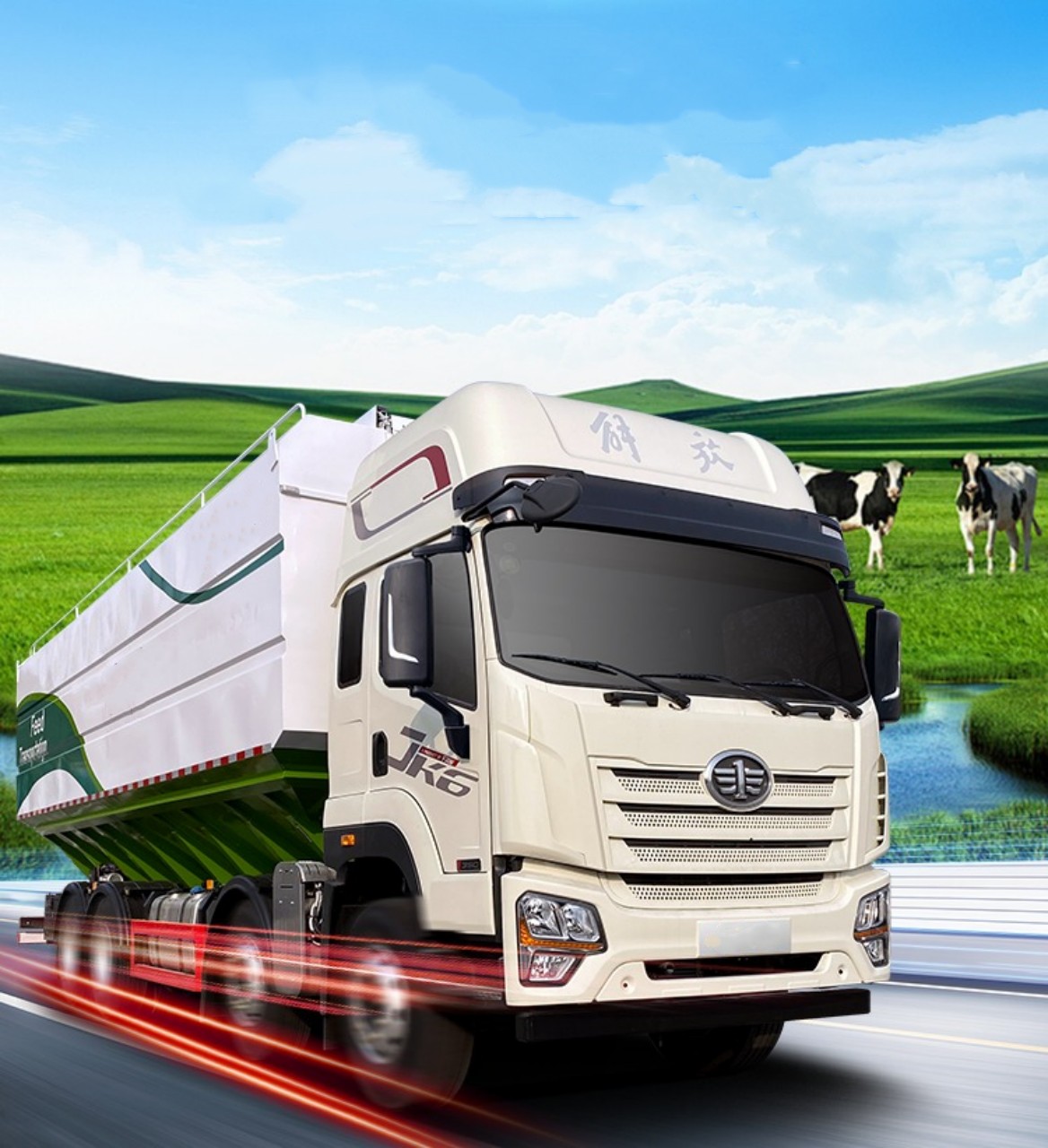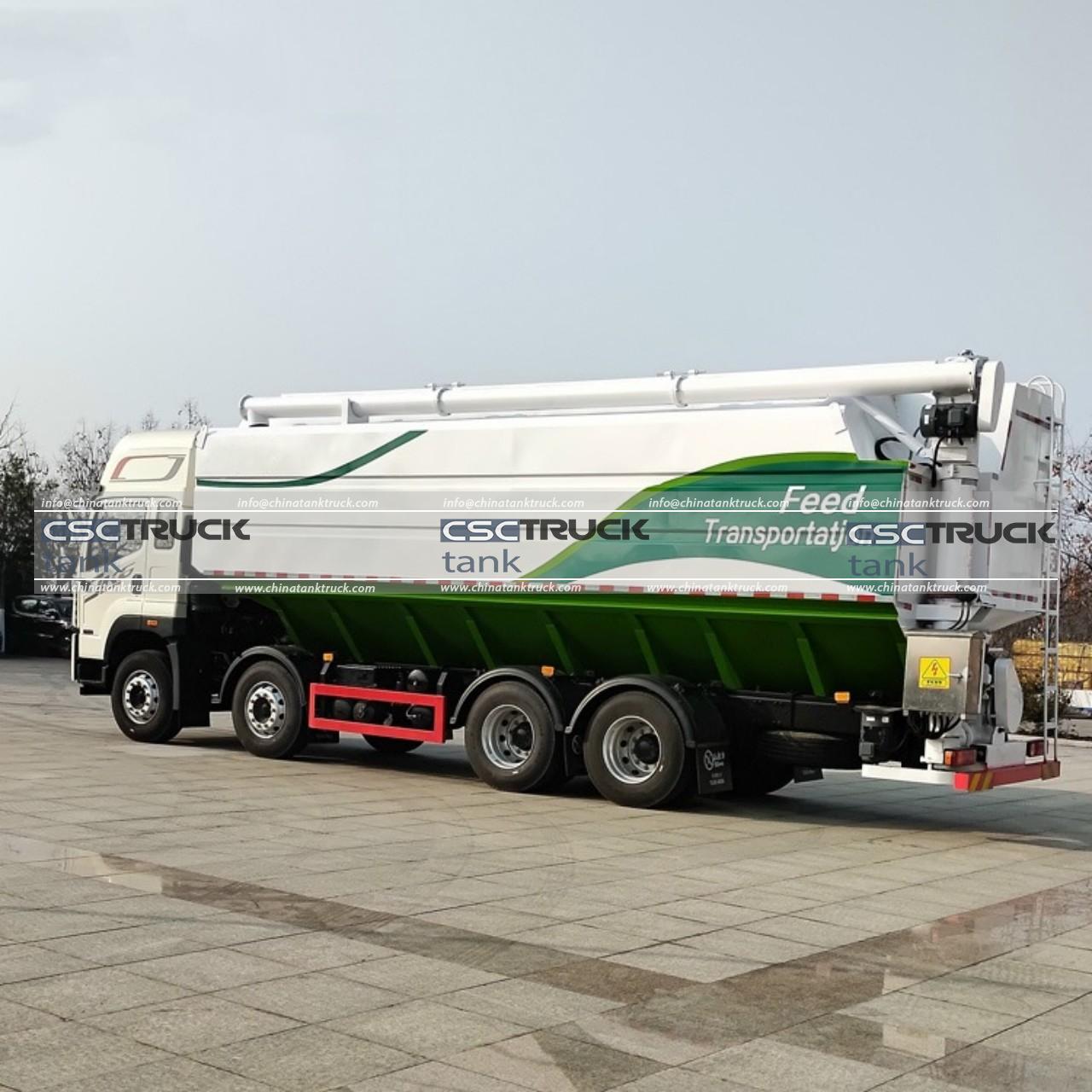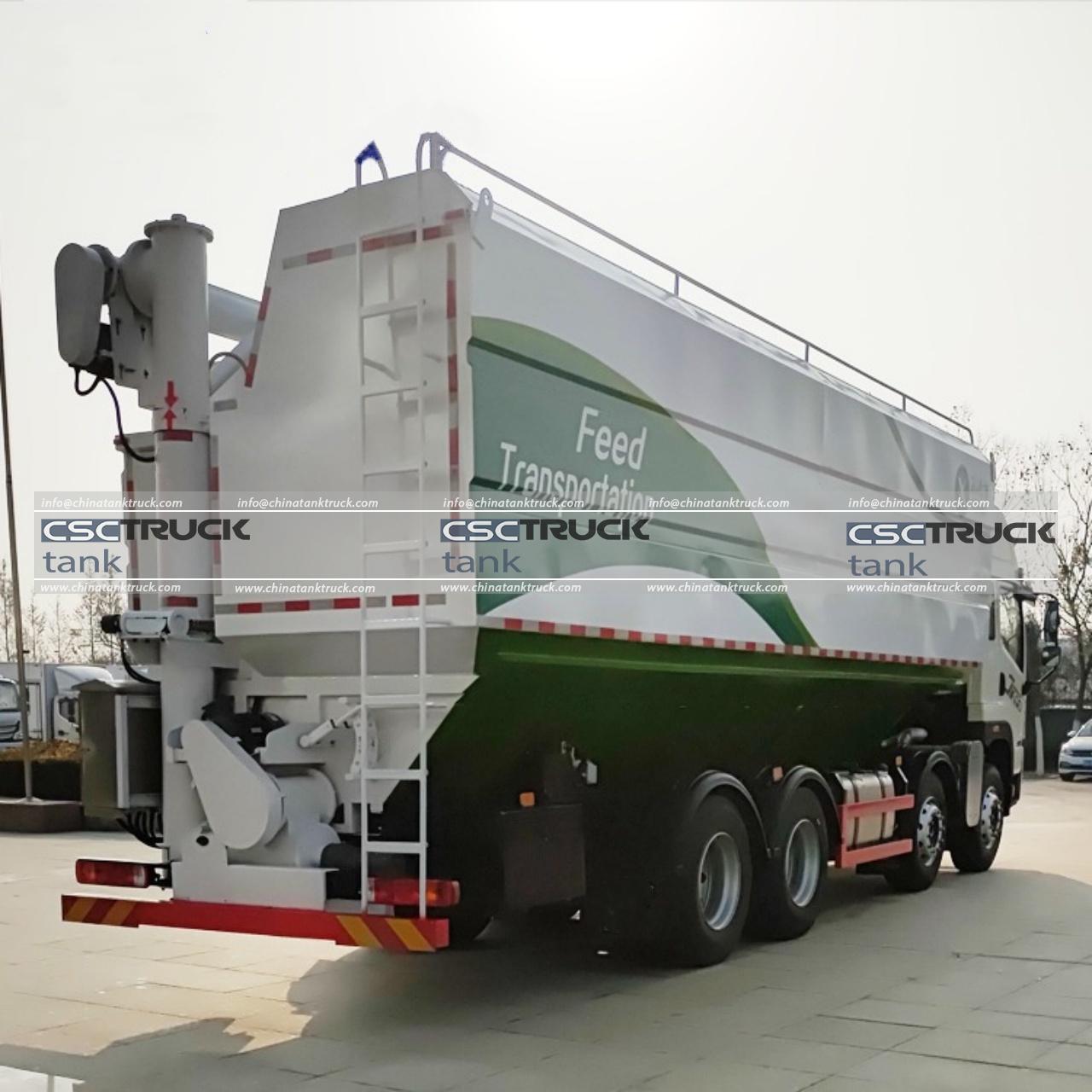Bulk tankers are specialized vehicles designed for transporting large quantities of liquid or dry bulk cargo efficiently and safely. These vehicles play a crucial role in various industries, including agriculture, chemicals, petroleum, and food processing, where bulk transportation is a fundamental requirement. This article explores the significance, types, working mechanisms, and safety considerations associated with bulk tankers.
Significance of Bulk Tankers
Bulk tankers serve as the backbone of industrial supply chains by facilitating the movement of bulk materials in large volumes. They are essential for transporting liquids such as petroleum products, chemicals like acids and bases, food-grade liquids including milk and edible oils, as well as dry bulk commodities like cement, grains, and minerals.
In industries such as agriculture, bulk tankers are used to transport fertilizers, pesticides, and agricultural chemicals. In the chemical industry, they handle hazardous substances that require specialized handling and storage. Food-grade bulk tankers maintain stringent hygiene standards to transport beverages, liquid food products, and pharmaceutical ingredients.

Types of Bulk Tankers
- Liquid Bulk Tankers:
- Petroleum Tankers: Designed for transporting gasoline, diesel, and other petroleum products.
- Chemical Tankers: Constructed to handle corrosive, toxic, and flammable chemicals safely.
- Food-Grade Tankers: Used for transporting liquids such as milk, vegetable oils, and juices under sanitary conditions.
- Dry Bulk Tankers:
- Cement Tankers: Equipped with specialized compartments for transporting powdered cement.
- Grain Tankers: Designed to transport grains and other agricultural products in bulk.
- Mineral Tankers: Used for transporting minerals like sand, gravel, and ores.
Working Mechanisms
Bulk tankers are built with specific features to ensure the safe and efficient transportation of bulk materials:
- Tank Construction: Tanks are typically made from stainless steel, aluminum, or carbon steel, depending on the material being transported and its corrosiveness.
- Loading and Unloading: Most bulk tankers use pneumatic systems for loading dry bulk materials and have integrated pumps or gravity discharge systems for liquids.
- Safety Systems: Bulk tankers are equipped with safety valves, pressure gauges, and emergency shut-off systems to prevent accidents due to overpressure or leakage.

Safety Considerations
Safety is paramount in bulk tanker operations due to the nature of the materials being transported. Key safety considerations include:
- Material Compatibility: Ensuring the tanker material is compatible with the cargo to prevent corrosion or contamination.
- Driver Training: Drivers undergo specialized training to handle bulk tanker operations safely, including loading procedures, emergency response, and hazardous material handling.
- Maintenance: Regular inspection and maintenance of tankers are essential to prevent leaks, mechanical failures, and other operational hazards.
Regulatory Standards
Stringent regulations and standards govern bulk tanker operations to ensure public safety and environmental protection. Regulatory bodies set rules for tanker design, construction materials, loading procedures, and emergency response protocols.
- International Standards: Organizations like the International Maritime Organization (IMO) and national regulatory agencies establish guidelines for tanker safety and environmental protection.
- Industry Best Practices: Companies adhere to industry best practices and certifications such as ISO tank container standards for international transport of bulk liquids.

Future Trends
Advancements in bulk tanker technology focus on improving efficiency, reducing environmental impact, and enhancing safety:
- Smart Tankers: Integration of IoT sensors for real-time monitoring of cargo conditions and tanker performance.
- Alternative Fuels: Exploration of alternative fuels for tanker operations to reduce carbon emissions.
- Automation: Development of automated loading and unloading systems to minimize human error and enhance operational efficiency.
Conclusion
In conclusion, bulk tankers are indispensable for the global economy, facilitating the efficient transport of bulk liquids and dry materials across industries. These specialized vehicles incorporate advanced technology and adhere to strict safety and regulatory standards to ensure reliable and secure transportation. As industries evolve, so too will the design and functionality of bulk tankers, continuing to play a vital role in the logistics and supply chain management of bulk commodities worldwide.


